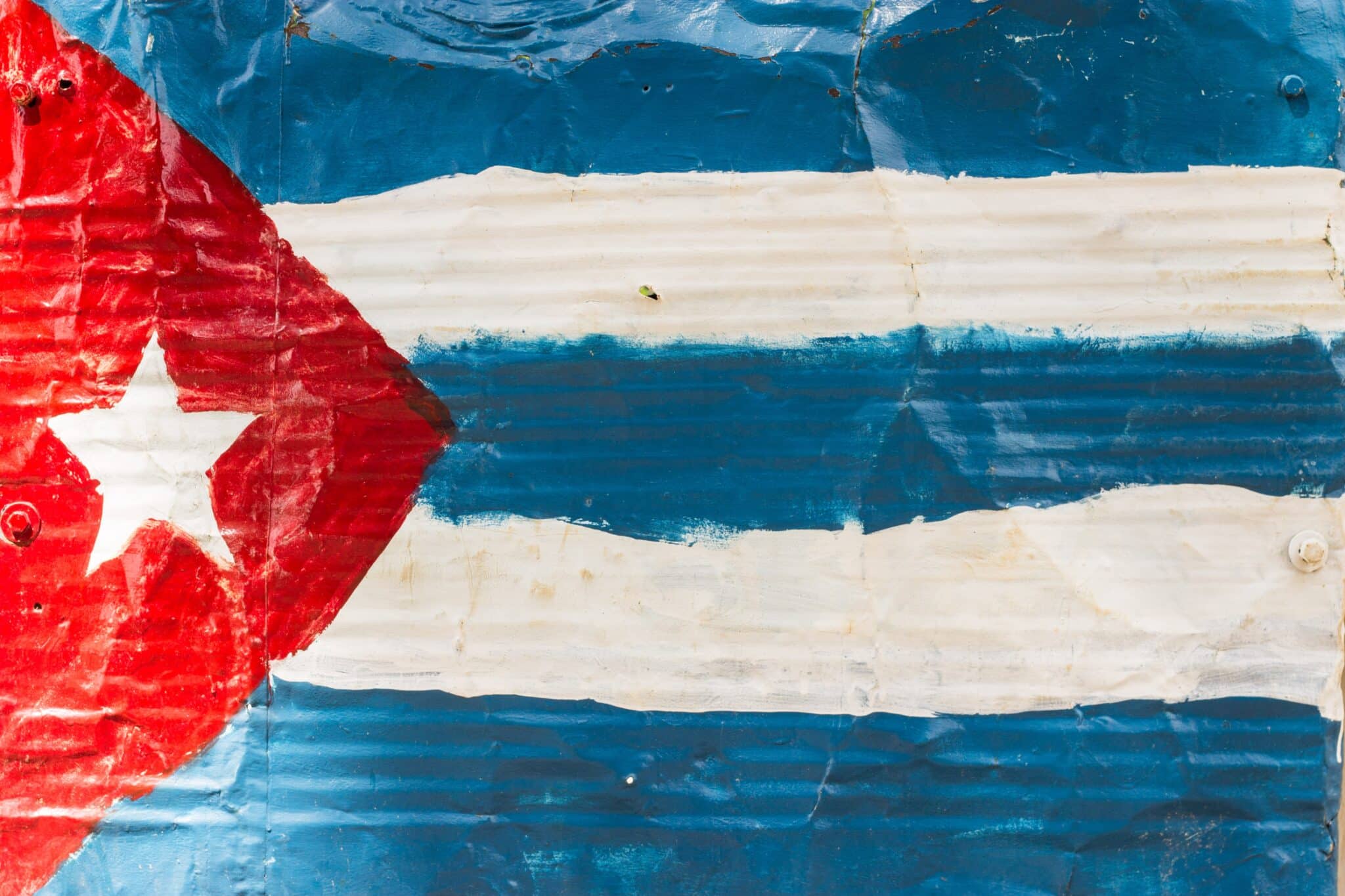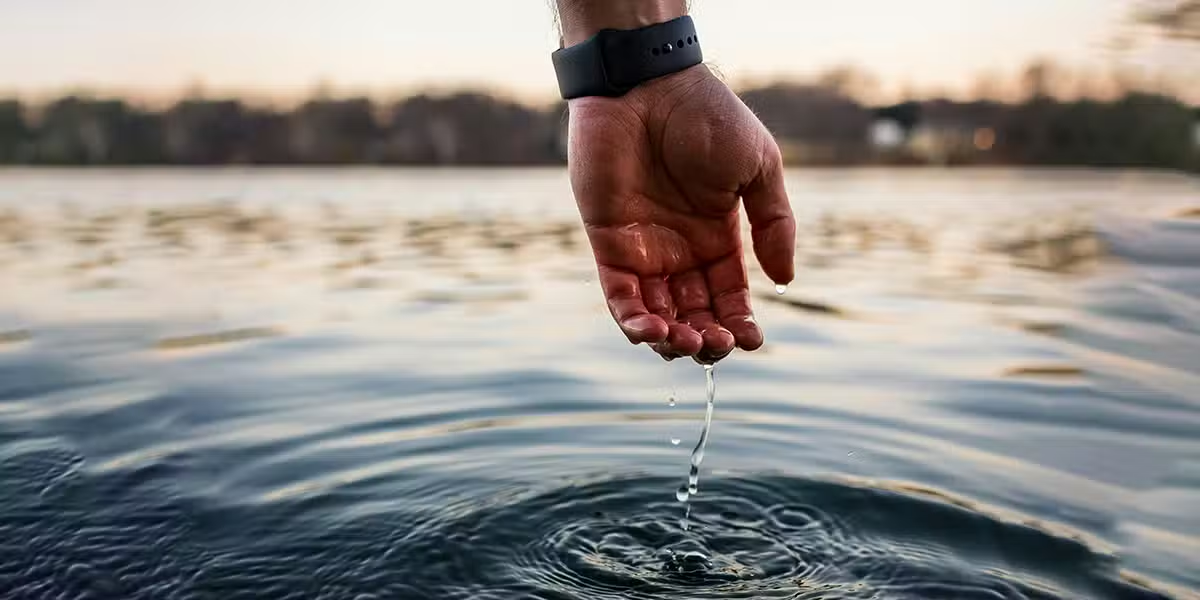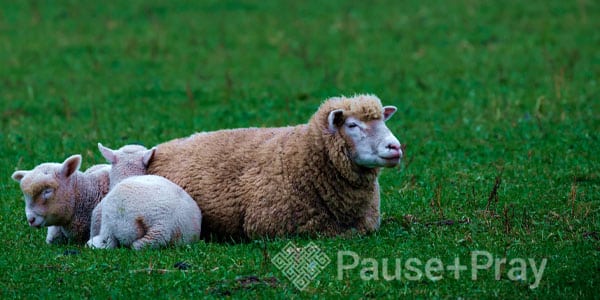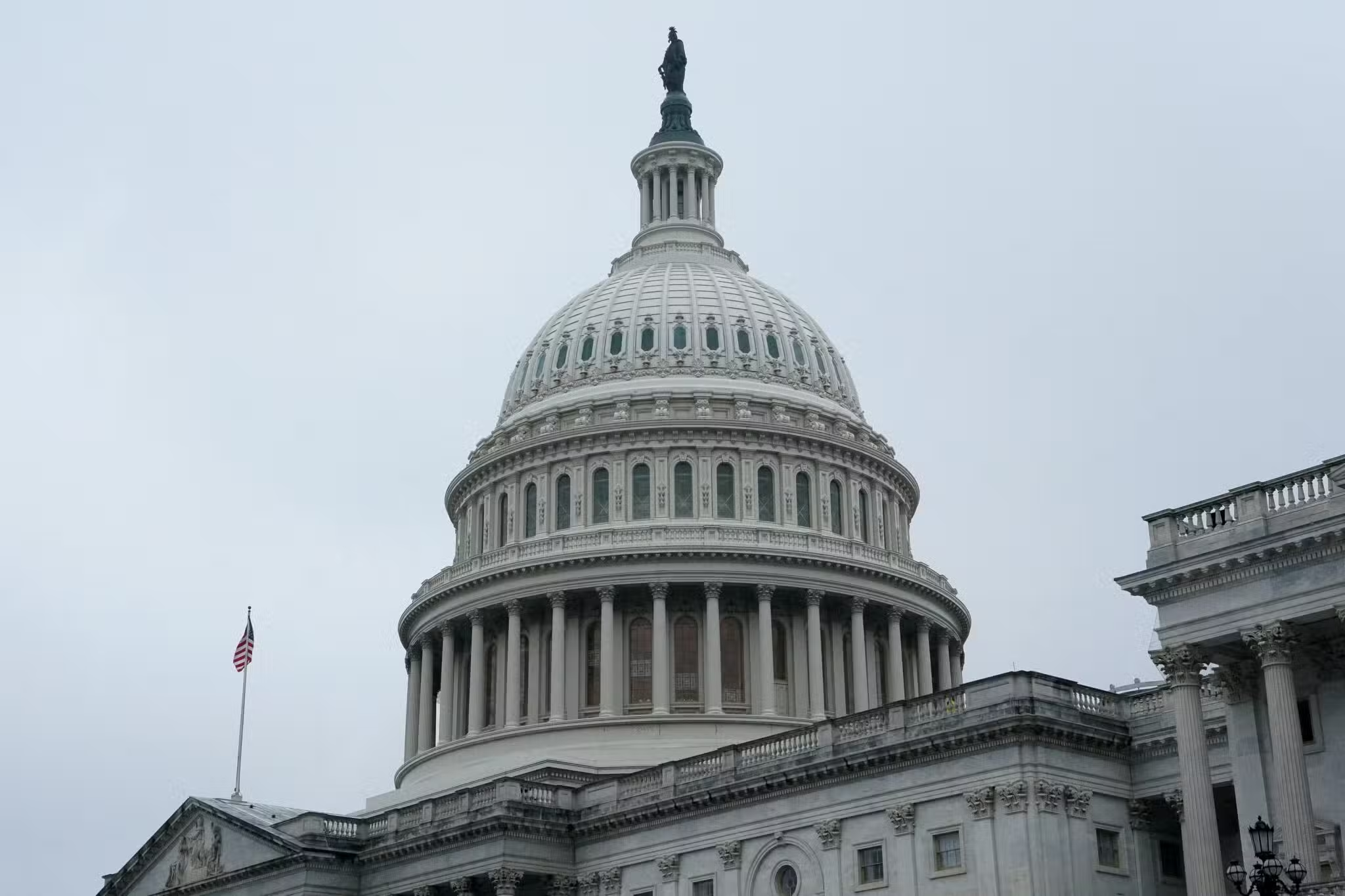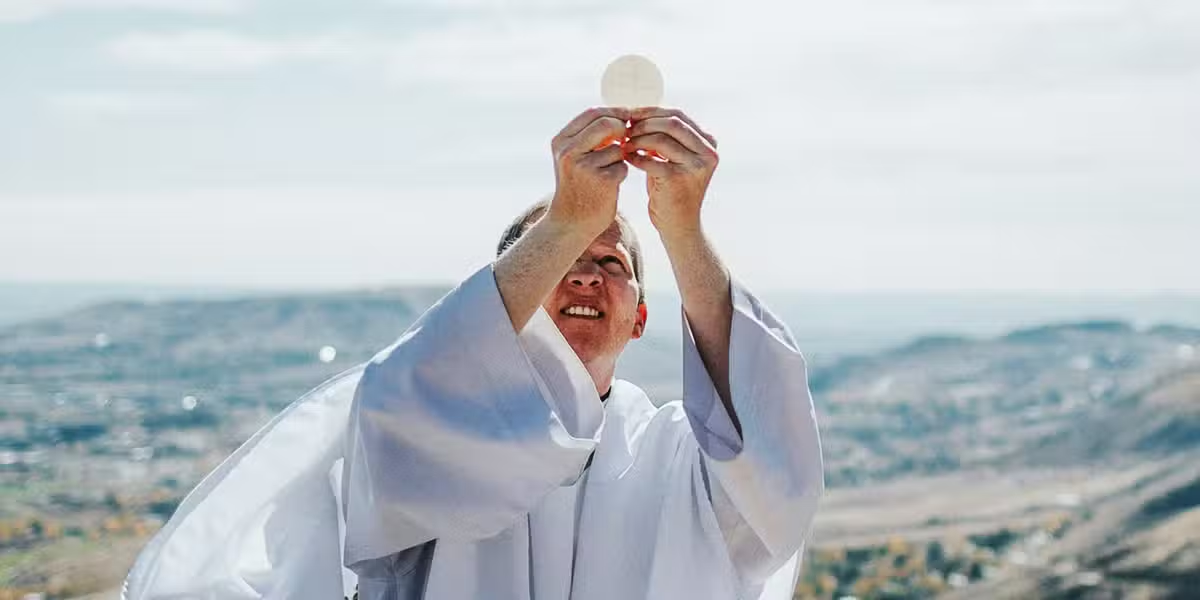Our family was lucky. Or at least that’s what my parents told me, over and over again. “We got out of Cuba just in time. ”
First my mother, with my two siblings and me, in 1960. Then my father, shortly before the revolutionaries appropriated the family business. My grandmother waited the longest, emigrating the following summer. She left her husband behind, forever as it turned out. He stayed in Havana to take care of a younger brother who had been imprisoned by Fidel Castro’s regime for “collaborating with the CIA. ”
After I married and had children of my own, I began dreaming of returning to Cuba. My situation was complicated, though. First, because I am a U.S. citizen now. Second, because both sides of our family had been part of the hated bourgeois before the Cuban revolution and had openly opposed Castro.
I called my uncle in Washington, D.C., for advice. He’d been the mayor of Havana and ambassador to the United States under former president Ramón Grau. He discouraged me from going, warning that it would not be safe for any member of our family to return. My father agreed. He knew Fidel well he had crossed paths with him every day in the hallways of their private Jesuit high school.
“He was a bully then, ” he said, his face darkening, “and he is a paranoid bully now. You might get in, but you might not get out. ”
Still, one afternoon, he drew a map of Havana with an engineer’s precision and carefully marked a half-dozen places of interest in red pencil: the family business, our home in Havana, my grandparents’ houses.
My maternal grandmother lived with us in New Jersey after she emigrated. One summer morning, she patted a spot beside her and told me a secret. Just before she fled Cuba, she whispered conspiratorially, she had hired a master carpenter to hide a few precious belongings under the staircase of her home a box of photographs, a bundle of letters, family heirlooms nestled in velvet and gold brocade drawstring pouches.
“Si regresas a La Habana, ” my grandmother concluded, squeezing my hands too tightly. “If you make it back to Havana . . . promise me, Ali, that you will go to my house and get my things. ”
Going Home
Twice, in my thirties and again in my forties, I wrote letters and submitted applications for entry as a visiting journalist. I didn’t get very far, and I set aside my dream until my eldest brother died unexpectedly at age fifty-one. He was cremated, and we scattered his ashes in the Atlantic Ocean, hoping the sea would carry him to Cuba, his homeland.
As the dark clot of cremains dissipated in the lapping waves, the familiar longing rose in me. Suddenly, nothing seemed more important than returning to Cuba. Go, I imagined my brother whispering as his ashes drifted away. Go now. Go before it’s too late.
I quit my publishing job of twenty-seven years. I found a new job in education that qualified me to conduct research in Cuba. I spent long hours online and on the phone, investigating potential itineraries. Finally, on the off chance that I’d satisfy both countries’ requirements for legal travel, I paid a well-connected Cuban travel agent to process a thick stack of documents.
It was madness, but it worked. At the eleventh hour, I received a phone call from the agent who told me she was holding in her hands the Cuban government’s permit to enter. She was as surprised as I was.
“The Cuban officials must not have looked closely at your application. You’re very lucky. ”
The Adventure Begins
Three weeks later, on August 1, 2009, I stood in line at Miami International Airport with a lively group of Cuban families waiting to board a chartered flight to Havana. The minute our plane lifted off the runway, the passengers broke out in applause. Flushed with excitement, my seatmate said, “Life is very, very hard in Cuba, but we miss it terribly all the same. There is no more beautiful place on earth. ”
At Jos Mart Airport in Havana, I breezed through the H1N1 screening line, customs line, and luggage tax line. As I approached the fourth and final line, I eyed the exit.
“Wait! ” the official to whom I’d handed my declaration card commanded. “What is this? ” A hairy index finger stabbed the line where I’d written “U.S. citizen. ”
“I have my passport right here, ” I stammered, confused by his tone. “I can show it to ”
“No! ” he barked. Then he theatrically shredded the declaration card and called over another official to cover his post. When he led me away to a private area of the airport, I panicked. But he simply whipped out a fresh form and helped me fill it out “correctly. ”
“Look, your U.S. citizenship does not mean anything here, ” he explained. “Eres Cubana, entiendes? You are Cuban, got it? You might have a house and some official papers in America, but you will always be Cuban. That is what you must write here. ”
I expected smooth sailing from then on. I was wrong. As I stepped outside the airport into suffocating heat, I found myself, like Alice in Wonderland, mystified by the strange, new world I’d tumbled into. Only this was no wonderland.
Mixed Emotions
The experiences of the next seven days were deeply disorienting. When I told the cab driver my destination was the Havana Libre Hotel, he said bitterly, “I am not welcome in your hotel, because I am dark-skinned. The government thinks tourists are more comfortable around light-skinned people. Even when my relatives from America come for a visit and stay here, I am not allowed to go up to their room. ”
I was genuinely surprised. With a population that is over 50 percent black and a government that prides itself on equality and the common good, I thought race relations would be better. I asked the driver if this hotel was an unfortunate exception. He snorted and bounced the cab over a curb and into the hotel’s circular driveway.
Still, nothing could dampen my spirits. I was here! And I was about to enter the famed “Havana Hilton, ” as the hotel was originally christened. My father’s first cousin launched his career as an architect here, designing one of the grand ballrooms. My young parents had strolled through the magnificent lobby, undoubtedly admiring the threestory atrium. I was born in April 1958,
just one month after the grand opening. Perhaps I had walked through these very doors myself as a toddler.
But as I approached the main entrance, I tensed. Uniformed guards flanked the doorway. Secret police in civilian clothing with poorly hidden earpieces moved silently through the lobby. Glancing around as I waited in line to register, I spotted the cold eye of a surveillance camera tucked among plastic foliage.
Never far from watchful eyes, I followed the preapproved itinerary exactly.
I attended canned lectures, toured designated schools, and interviewed teachers and university professors for my “research project. ” I learned little in these government-sponsored venues. A few hours online would have been more fruitful.
It was not easy to access the Internet, though, even in the hotel. Guests had to turn over their passports to the computer room monitor before using the shared computers, and the Internet connection was extremely slow. Phone calls were monitored, too, in the glass-enclosed booths of the hotel telephone center, where a helpful operator dialed all calls and, I’m told, listened in.
Listening to the People
Some days, though, the itinerary allowed for a few unscheduled and unsupervised hours to rest or shop. On these days, I quickly changed into a simple housedress and sandals and struck out alone. It was these solitary excursions and the spontaneous encounters they occasioned that made my visit worthwhile.
I walked slowly, taking in the rich colors and scents of royal-purple bougainvillea, blood-red hibiscus, and the fiery blossoms of framboyan trees. I greeted the Cubans squatting in doorways and loitering in storefronts, striking up random conversations. A surprising number were friendly and willing to talk, to tell their stories.
It’s true, these Cubans told me, that the government provides free health care and education. Every Cuban has a roof over his head and food on her table. But since the 1990s and the fall of the Soviet Union, the shortages in medicine, housing, and food have eroded confidence in the regime.
“It got so bad, ” one woman told me in a hushed voice, “little children got horrible diseases. Some people became blind, and some people ” she formed a noose with a hand cupped around her neck “you know. They just gave up. “
A Cuban lawyer complained about the lack of access to world news. “How many channels can you watch in your hotel? ” he asked me with boyish curiosity. He peppered me with questions about U.S. President Barack Obama, the American economy, and our education system.
The popularity of a half-dozen Cuban bloggers and Raúl Castro’s promise to make the Internet and mobile phones more accessible had led me to believe information from the outside world was seeping into Cuba. But my casual acquaintances howled with laughter when I asked if they had mobile phones. “I can’t afford eggs for my children or a tin can of paint for my house, ” one said. “Those things are only for the military and high officials. ”
One rainy day, an elderly woman invited me inside her kitchen for a cup of caf Cubano. Spotting a crucifix above the table, I asked her about religious practice in the country.
“It is easier now, ” she told me, “but if you are young, it can prevent you from getting a good job. ” She hesitated, then blurted: “My pastor was killed two weeks ago. ”
“Oh, no. What happened? ” I asked. She shifted uncomfortably in her plastic chair and twisted a corner of the faded floral tablecloth. “It was an attempted robbery, ” she said finally, avoiding eye contact. I stopped asking questions.
One experience was lighter, if no less sobering. I joined a busload of tourists on a day trip to the countryside. Our destination was a post-revolutionary Cuban community with an impressive array of social services, a well-equipped community center, and sparkling, whitewashed bungalows dotting the forested hillside. At the model home near the end of our tour, I hung back to thank the family who’d so kindly greeted us. “It must be difficult for you with all us tourists traipsing through your house every day, ” I said in Spanish. The grandmother exchanged a furtive glance with her daughter and nodded.
“How long have you lived here? ” I asked.
She answered vaguely, “A while. ” When she learned I was born in Cuba, she invited me to join her and her daughter for coffee in a back room. “We don’t really live here, ” her daughter offered as I sipped the sweet espresso. “It’s a great job, but our real house is five minutes away. We come here every day for the tourists. Anyway, we’re lucky to be able to live in this community. The government keeps it nice for the tourists. There’s a waiting list to get in. ”
Face-to-Face With Reality
Halfway through my visit, I abandoned the idea of retrieving my grandmother’s possessions. Not only because it would be impossible to gain admittance to her former home, which sat squarely in the capital’s Embassy Row, but also because my romantic daydreams had been impaled by the real and present desperation of the Cuban people. I had not traveled to Cuba expecting to see the paradise of my parents’ memories, of course, but I had hoped that things would be better for the average Cuban. Life still seemed impossibly hard here.
As I sat at the gate in Jos Mart Airport waiting for the charter plane that would carry me back to the United States, I couldn’t help wondering: how much has really changed in Cuba? The military and high-ranking government officials are Cuba’s new bourgeois, indifferent to the suffering of their fellow citizens. We tourists and researchers are kept in the dark: steered toward upscale resorts, hotels, restaurants, and shops that few Cubans can enter, much less patronize. We visit Potemkin villages erected for our benefit, and our dollars line the pockets of the privileged.
On the last day of my visit, an American university professor and socialist sympathizer said, “Every year I visit Cuba, hoping that things will be better. This is my sixth visit. ”
I, too, hope to return. Next time, I will be better prepared. I’ll bring extra cash: not for resorts and tourist shops, but to purchase eggs and milk for malnourished Cubans. I’ll bring books, paper, and flash drives: not for the well-connected teachers posing in model classrooms, but for ordinary teachers lacking the most basic school supplies. And I’ll bring news and stories, lots of stories, about the breathtaking, bustling free world just beyond the shores of the isolated, ravaged island of Cuba.

